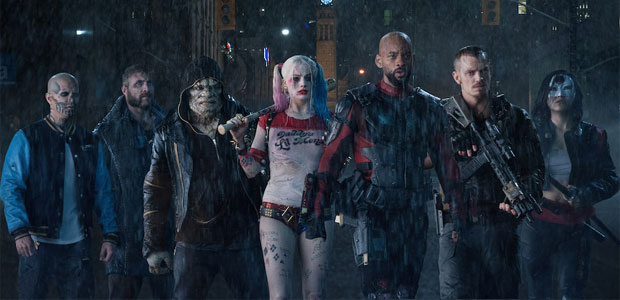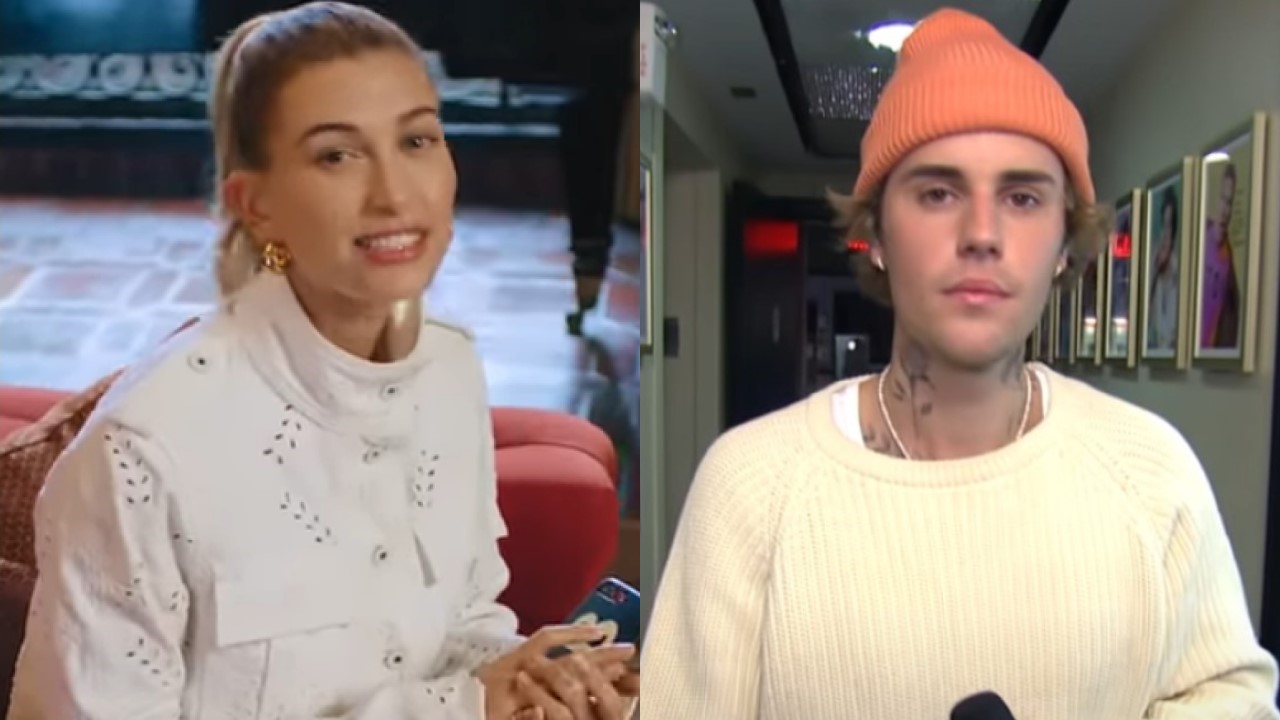The DC Extended Universe is growing, and for comic book fans, that expansion is exciting. Each new movie not only introduces variations of both classic and never-before-adapted characters from the canon, but they define how we will see those characters on the big screen potentially for years to come. In the case of David Ayer's Suicide Squad, the task at hand is all about the villains -- the film delivering feature debuts of fan favorites like Harley Quinn (Margot Robbie), and icons like The Joker (Jared Leto).
The best thing that can be said about the new blockbuster is that its characters are defined well -- and that they are ultimately compelling and interesting enough that their return in future chapters of the larger franchise universe will generate anticipation. Unfortunately, for now they're all wrapped into a story that is shockingly simple -- which not only prevents full utilizations of the characters, but also hurts the ensemble's ability to fully click. As a result, Suicide Squad isn't exactly the movie that audiences are hoping for, and not the bounce-back that the series needed after Batman v Superman: Dawn of Justice.
Based on an original screenplay by David Ayer, Suicide Squad grows around the basic setup of the titular team's history from DC Comics, following an ensemble of tough and lethal convicted criminals as they are given the opportunity to perform black ops missions for the government in exchange for reduced sentences. It's a simple and effective premise with a lot of storytelling upside, given that it not only allows for the possibility of fresh perspective - seeing the comic book world through the eyes of the bad guys -- but also creative and interesting groups and pairings. As a result, the film almost entirely exists as a showcase for character work, whether it's the deadly assassin Deadshot (Will Smith) trying to reconnect with his daughter any way he can; the flame-generating El Diablo (Jay Hernandez) repenting for his past sins; or the aforementioned crazy in love Harley Quinn and Joker hoping to reunite and raise hell in Gotham City. It's the opportunity to play with these typical antagonists as protagonists that clearly drives Ayer's passion for the property, but this predilection for big personalities also draws focus from actual plot, leaving the blockbuster to be shockingly simple and predictable.
It's become disturbingly common for big Hollywood movies to be about heroes called in to stop giant, world-threatening beams of energy planted in the middle of cities, and Suicide Squad is the latest to employ that overused device. What makes the feature a particularly offensive offender in this department, however, is that it doesn't even try to validate the approach with a creative or clever justification for the beam's existence -- it's origins never explained beyond "magic" and it never even being referred to as anything more than "a weapon" in the context of the film. When combined with the fact that the larger narrative is excessively straightforward -- with nary a single interesting or complex twist to be found in the story -- you get the sense that the writer/director spent the bulk of his time individually designing all the puzzle pieces that make up the script, and then rushed at the end to find a way to make them all stick together.
Faced with the daunting task of making a movie with nearly 10 central leads, David Ayer was basically forced to sacrifice big, intricate story ideas in the name of character introduction and development. But while this ultimately takes a significant toll on Suicide Squad as a film, it's worth noting that the characterization work delivers its own kind of satisfaction. Not all of the work is amazing and revelatory -- as Katana (Karen Fukuhara), Slipknot (Adam Beach) and Killer Croc (Adewale Akinnuoye-Agbaje) don't exactly get the time to shine that their co-stars do -- but Ayer overall does a solid job spreading the love around and crafting unique visions of his heroes/villains -- generating fun performances in the process.
As fans could have predicted a year ago, Margot Robbie's Harley Quinn is the one that movie-goers will be talking about most coming out of the film, the Australian star breathing special life into the manic/weird/cute psychopath. But her co-stars never let her completely run away with the game. Viola Davis is fantastic and ballsy as the tough-as-nails squad founder Amanda Waller; Jay Hernandez carries surprising and significant emotional weight as the haunted El Diablo; Jai Courtney honestly puts on the most charismatic performance of his career as the self-centered and knowingly silly Captain Boomerang; and though his screen time is somewhat limited (especially compared to previous big screen incarnations of the character), we get just enough of Jared Leto's violent, flamboyant gangster-stylized Joker to be captivated and curious for more. Will Smith and Joel Kinnaman also putting in engaging if not eye-opening work, Suicide Squad has no shortage of fun characterization and individual performances.
Of course, "individual" is a key word to highlight there, because it's a segue to another one of Suicide Squad's key issues. Unlike a typical comic book team up movie where heroes come to work together to serve the common good, David Ayer's film has an extra hurdle to climb, as it has to sell the idea of connection between immoral criminals who have only come together for self-centered purposes. And while the film constantly tries to suggest to the audience that there is honor among thieves and a deep bond growing between the members of the titular group, this is all done through telling instead of showing, and never actually comes across on screen. This could be spun as a positive, as it's a credit to the actors that they can all effectively embody the selfish, narcissistic spirits of their individual roles, but it hurts the overall film when you consider that the lack of clicking prevents particular and important plot points from being earned.
Your Daily Blend of Entertainment News
It was hoped that Suicide Squad could be a major step forward for the DC Extended Universe, but it's not exactly that -- with the film frustratingly and consistently stepping on its own toes. It lacks the convolution problems of Batman v Superman: Dawn of Justice, but is also so simple that it doesn't carry any weight. It has a sense of humor and fun, bolstered by a bombastic and multi-textured soundtrack, but its action is also repetitive and disengaging (hurt by the villain's plot lacking clarity and specificity). And while Ayer's vision for these characters is exciting, you're still left wanting more out of the ensemble as a whole within the story being told. It's definitely an improvement over the last chapter of the DCEU, but we've still come to expect more from the comic book movie genre.

Eric Eisenberg is the Assistant Managing Editor at CinemaBlend. After graduating Boston University and earning a bachelor’s degree in journalism, he took a part-time job as a staff writer for CinemaBlend, and after six months was offered the opportunity to move to Los Angeles and take on a newly created West Coast Editor position. Over a decade later, he's continuing to advance his interests and expertise. In addition to conducting filmmaker interviews and contributing to the news and feature content of the site, Eric also oversees the Movie Reviews section, writes the the weekend box office report (published Sundays), and is the site's resident Stephen King expert. He has two King-related columns.

